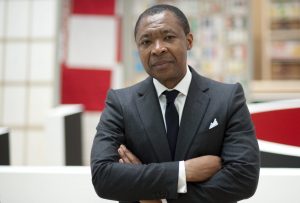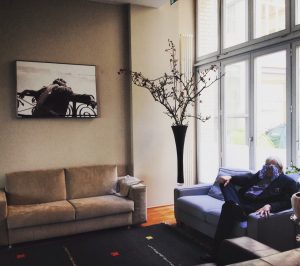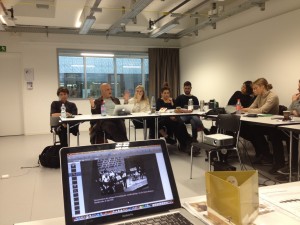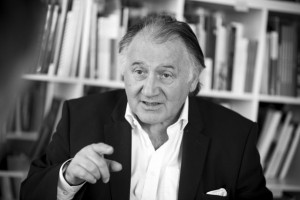On Tuesday, the 17th of May I will present the current state of my dissertation project at the Research Colloquium of the English Seminar at University of Basel. I am very much looking forward to this event.
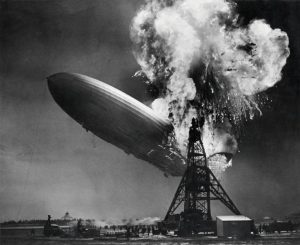
Crashing of the airship LZ 129 Hindenburg on the 6th of May 1937 in Lakehurst, New Jersey (USA). Herbert Morrison’s radio report about the catastrophe is one of the oldest documents of radio history. Foto credit: Sam Shere
This is what my talk will be about:
„The antagonism between the technological development towards perfectly clean digital radio sound and the common idea of radio as a noisy analogue medium is crucial for contemporary radio research. From a literary and media studies perspective this antagonism can be scrutinized very well in the extensive corpus of over 40 radio plays by the German radio artist Andreas Ammer. Especially three of his works, which he created together with the German noise musician FM Einheit, are examined thoroughly within my PhD project. These plays are “Apocalypse Live” (1994), “Deutsche Krieger I – III” (1995/1997) and “Crashing Aeroplanes” (2001). All three of them broach the issue of “the noises of radio art in the digital age” by the means of catastrophic plots.
Weiterlesen →













